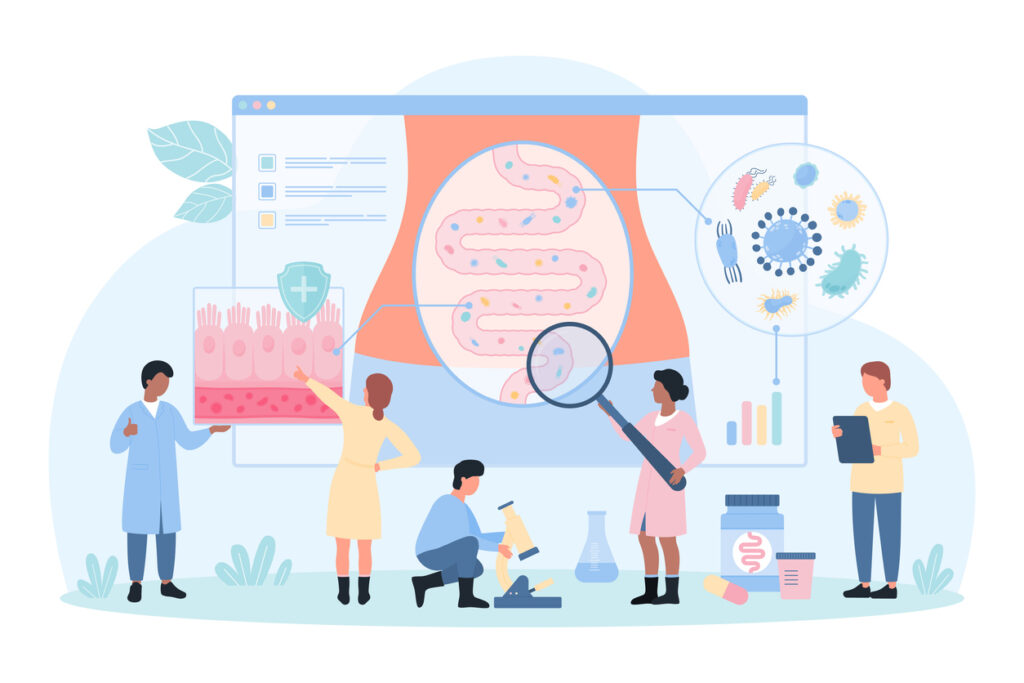When you hear “vitamin D,” you probably think about sunshine and strong bones, but did you know that vitamin D also plays a huge role in your mental health? If you’ve been feeling tired, moody, anxious, or unfocused, low vitamin D might be part of the reason. Deficiency is surprisingly common, especially among teens, so here’s what you need to know.
What is Vitamin D and Why is It Important?
Vitamin D is a nutrient your body needs to stay healthy. It’s often called the “sunshine vitamin” because your skin makes it when exposed to sunlight. You can also get vitamin D from certain foods like fish, eggs, fortified milk, and supplements.
While vitamin D is most famous for keeping your bones strong and helping your immune system, it’s also essential for your brain. It helps regulate mood, focus, and energy, making it especially important for mental health.
Vitamin D Deficiency is More Common Than You Think
Many teens don’t get enough vitamin D — and here’s why:
- Less Sun Exposure: If you spend a lot of time indoors, wear sunscreen, or live in an area with less sunlight, your body can’t make as much vitamin D.
- Diet Choices: Fast food and snacks don’t have much vitamin D, so if you don’t eat fish, eggs, or fortified foods regularly, you might not be getting enough.
- Season and Climate: During fall and winter, shorter days and cloudy weather make it harder to get sunlight.
Because vitamin D deficiency is so common, it’s worth checking your levels with a simple blood test, especially if you notice unusual symptoms.
Vitamin D and Your Mental Health
Research has found a strong connection between vitamin D levels and mental health conditions like ADHD, anxiety, depression, and ADD. Here’s how it’s related:
- Mood Disorders like Anxiety and Depression
- Low vitamin D can make you feel sad, irritable, and anxious. Studies show that vitamin D helps your brain produce “feel-good” chemicals like serotonin and dopamine, which improve mood and help you feel calmer.
- Teens with depression or anxiety often have lower vitamin D levels, and increasing those levels may help ease symptoms.
- Focus and Attention (ADHD and ADD)
- Vitamin D is essential for brain development and function. Low levels have been linked to difficulties with focus, attention, and impulse control — common symptoms of ADHD and ADD.
- Some studies suggest that improving vitamin D levels can support better focus and reduce hyperactivity.
- Fatigue and Low Energy
- If you’re always feeling exhausted, even after sleeping, low vitamin D could be the culprit. This tiredness can make it harder to concentrate, manage stress, and feel motivated.
Signs You Might Have Low Vitamin D
You might have a vitamin D deficiency if you notice:
- Feeling tired or low on energy
- Frequent colds or getting sick often
- Low mood, irritability, or anxiety
- Trouble focusing or brain fog
- Muscle aches or bone pain
If you have any of these symptoms — or if you already struggle with anxiety, depression, or ADHD — it’s a good idea to talk to a doctor about checking your vitamin D levels.
How to Get More Vitamin D
The good news is that fixing a vitamin D deficiency is simple! Here’s how:
- Get Some Sunshine
- Try to spend at least 15-20 minutes outside a few times a week. Activities like walking, riding your bike, or just chilling outdoors help your body make vitamin D.
- Tip: The best time for vitamin D production is midday when the sun is strongest.
- Eat Vitamin D-Rich Foods
- Add more foods with vitamin D to your diet, like:
- Fatty fish (like salmon, tuna, and sardines)
- Egg yolks
- Fortified milk, orange juice, and cereal
- Mushrooms exposed to sunlight
- Add more foods with vitamin D to your diet, like:
- Take a Vitamin D Supplement
- If your levels are low, your doctor may recommend a supplement to help you catch up. It’s an easy and effective way to get what you need.
Why Checking Your Vitamin D Levels is Important
If you’re feeling down, anxious, or struggling to focus, it’s easy to blame stress or school pressure, but low vitamin D might be making things worse. By checking your vitamin D levels and making small changes, you can improve both your physical and mental health.
At Kidwell Pediatric Functional Medicine, our programs are designed to test for vitamin D levels and other essential nutrients that support brain health. These tests can help uncover deficiencies in vitamins and minerals that might be impacting your mood, energy, focus, and overall well-being. By identifying and addressing these nutrient imbalances, you can take a big step toward feeling better and functioning at your best.
Your mental health matters, and sometimes a simple fix like boosting your vitamin D can make a big difference. So, get outside, enjoy some sunshine, and don’t hesitate to talk to a doctor or explore the programs at Kidwell Pediatric Functional Medicine if you’re feeling off. You deserve to feel your best!



